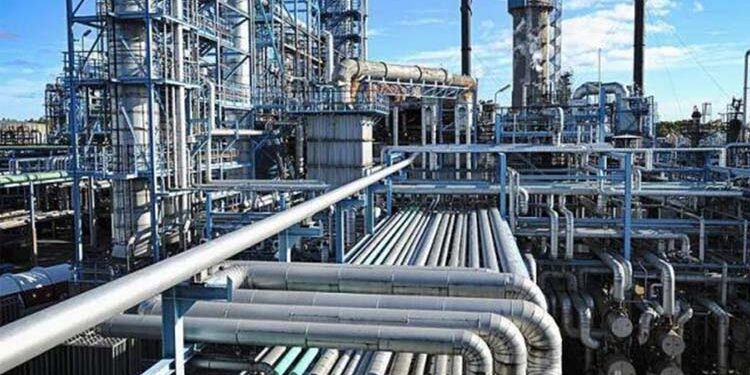The Nigerian National Petroleum Company Limited (NNPC) has once again failed to meet its latest deadline for resuming fuel production at the Port Harcourt refinery in Rivers State. This marks the seventh postponement of operations since August 2024, continuing a trend of missed deadlines.
Despite multiple assurances from both the Federal Ministry of Petroleum Resources and NNPC, the refinery remains inactive. Following the missed August target, NNPC’s Chief Financial Officer, Umar Ajiya, had promised that production would begin in September 2024, with products ready for testing and eventual distribution to the domestic market. However, as September ended without an update from the NNPC, frustration has mounted.
Efforts to reach the NNPC for clarification were unsuccessful, with Chief Corporate Communications Officer Olufemi Soneye failing to respond to inquiries sent on September 22 and 30. Meanwhile, the contractor responsible for the refinery’s rehabilitation, Maire Tecnimont SpA, stated through its law firm, Olajide Oyewole LLP, that it would provide a project completion timeline by October 2, 2024. This response followed a letter from Senior Advocate of Nigeria Femi Falana, who had sought clarity on the status of the refinery.
The Port Harcourt refinery, with a capacity of 210,000 barrels per day, has seen several previous deadlines come and go. In December 2023, NNPC had claimed the facility reached “mechanical completion,” and by January 2024, testing was supposedly underway. However, production has been repeatedly delayed, with crude oil supplies arriving in February raising expectations that were ultimately unmet.
Since 2019, NNPC’s Group Chief Executive Officer, Mele Kyari, has repeatedly assured Nigerians that the refinery would be operational. Most recently, he appeared before the Senate in July, stating that Port Harcourt’s refinery would start by early August. That promise too was missed, frustrating Nigerians who have relied on expensive imported fuel due to the country’s limited refining capacity.
The prolonged delays have led to public outcry, with critics pointing to the substantial $1.5 billion loan taken by the Nigerian government in March 2021 for the refinery’s renovation. Calls for privatization have resurfaced, including those from former Vice President Atiku Abubakar, who previously suggested selling off the nation’s refineries to private investors.
Despite setbacks, Nigerians remain hopeful that the Port Harcourt refinery will soon come online, helping to reduce fuel imports and ease the burden of high petrol prices.
























